A new home or an existing home, which is the best buy? The real question is, “What is the best buy for you?” It depends on a number of factors, not least of which is what do you want, and are you prepared to deal with what you get?
Do you want a fancy new home with all the ‘bells and whistles’, the latest, top of the line appliances and newest technology? In short, all the amenities? Or do you want a traditional home in a nice quiet established neighborhood? Let’s take a closer look.
If you’re having a new custom home built, or buying a new home in a housing project, it highly likely that your home will be built away from any metropolitan area. There’s seldom room for new construction in the older, developed areas. Do you want the possibility of having a longer, perhaps much longer, commute to get to places you want to go? Are you prepared for the additional travel expenses incurred from fuel costs and more frequent maintenance for your vehicles?
If not, an existing home might be your best bet. If it was built when labor and materials were less expensive, it might be of better quality than your newly built structure. However, it may not meet today’s building codes and could present problems when attempting to do any repairs or remodeling. It might have character and be unique, but will most likely not have the large rooms that are prevalent in today’s newer homes.
HAVE A LOOK AT SOME OF THE HOMES WE’VE BUILT
Older homes tend to have smaller rooms, with smaller kitchens and dining areas adjacent to them. If you want the modern, large, family-sized kitchen, with room for everyone to gather at meal times, you probably won’t find it in an older home. And if you want to get rid of those old appliances and bring in some newer ones, they may not fit without some major reconstruction. Also, older homes often lack the insulation and weatherproofing that the newer, greener construction methods employ.
Unless your new home is custom built, it won’t be unique. It will look like all the other homes in your brand new neighborhood. There’ll be little or no landscaping, and no mature growth in trees such as you will find in the older neighborhood. But you can follow up on the construction, pick out your own colors, siding and roof coverings, fixtures, and many other features. Since everything’s new, you should have little or no maintenance for a few years. Additionally, you should have builder’s warranty for a year or two.
An existing home, being older, may need work any time. Pipes leak, shingles need to be replaced. New carpeting or floor coverings may be needed, and fresh paint. If you’re a handyman type, and enjoy fixing and fixing-up, this may be perfect for you.
If you want everything new and shiny; don’t have the time or inclination to be fixing things, you would be better off with new construction.
One caveat: many owners of existing homes tend to think that their homes are worth more than their market value. Even after dealing with all the offers and counter offers encountered with buying existing properties, you may still find a new home is less expensive. In homes considered to be of equal value, older homes are traditionally priced 10% to 15% higher than new construction.
If you do decide on a new home, but would enjoy a more customized look than can be found in project housing, check into a modular home. They look just like a traditionally constructed home, and you may find the price difference to be considerably lower.

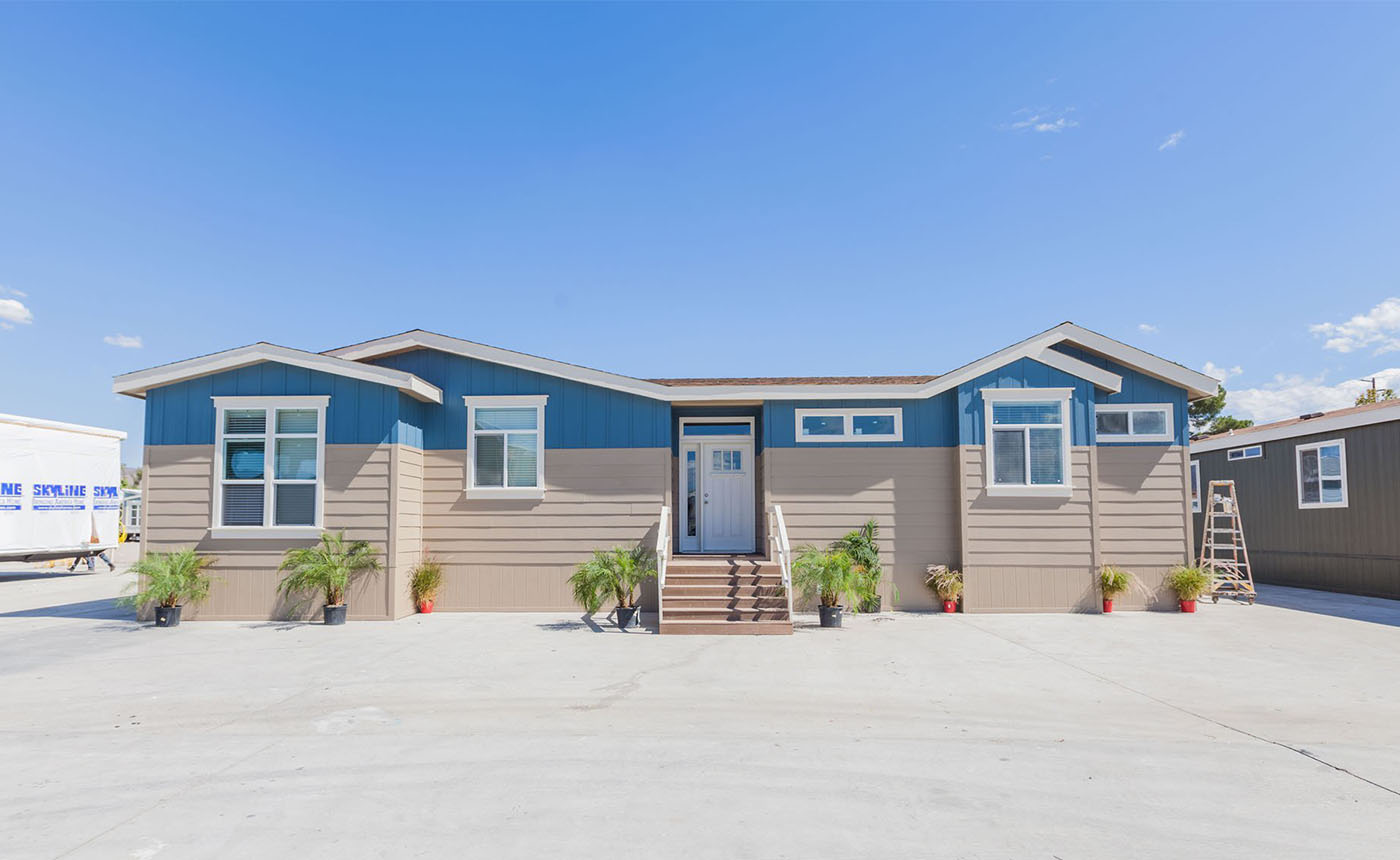
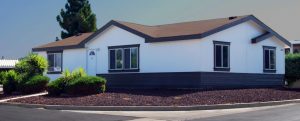
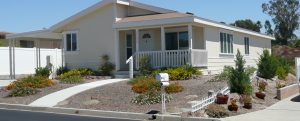

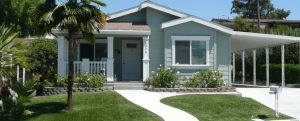

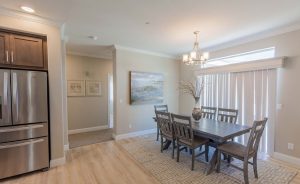


 BY SMITTEN
BY SMITTEN